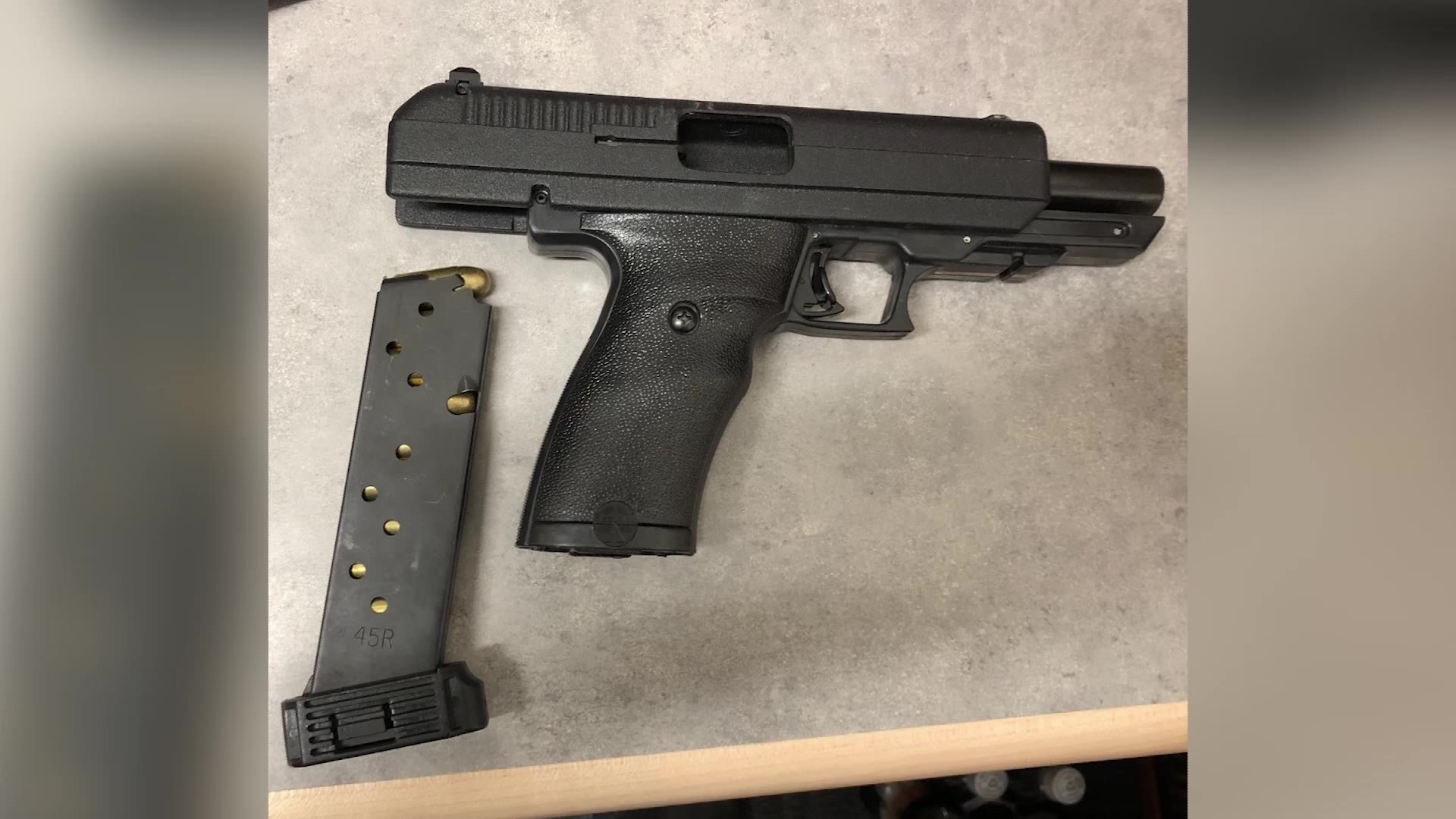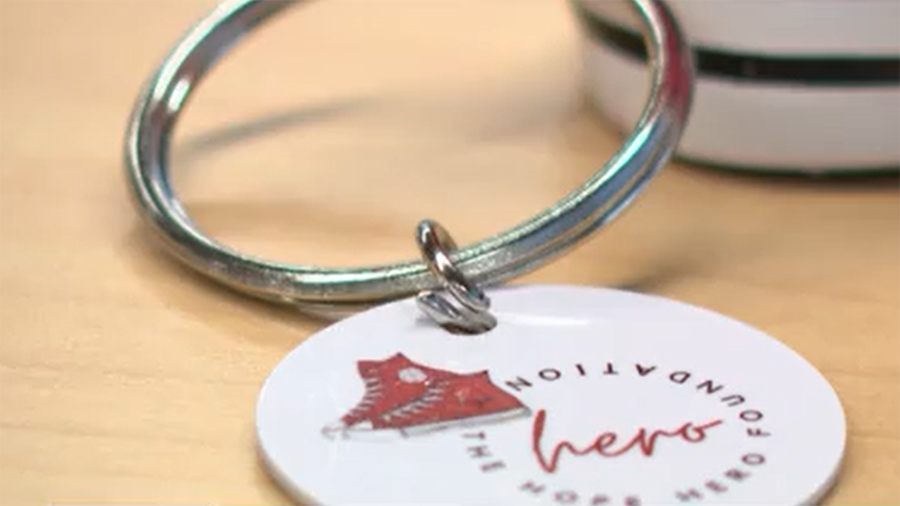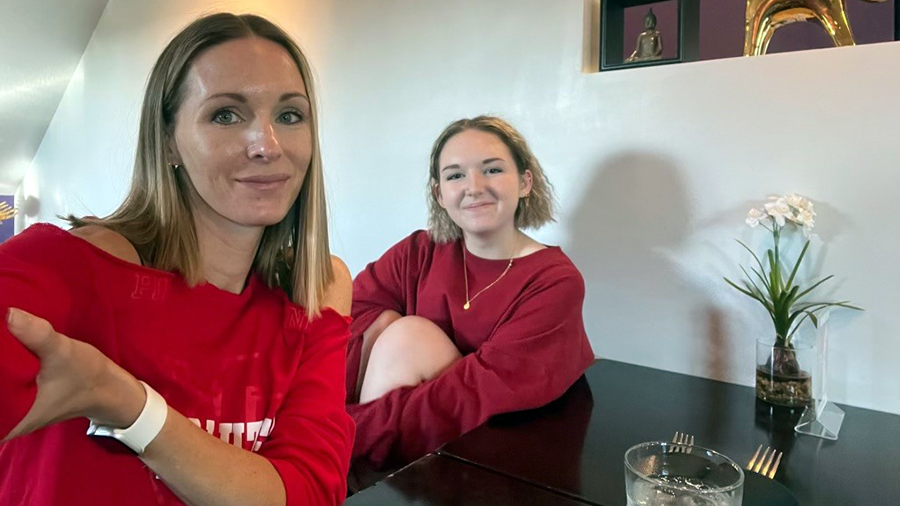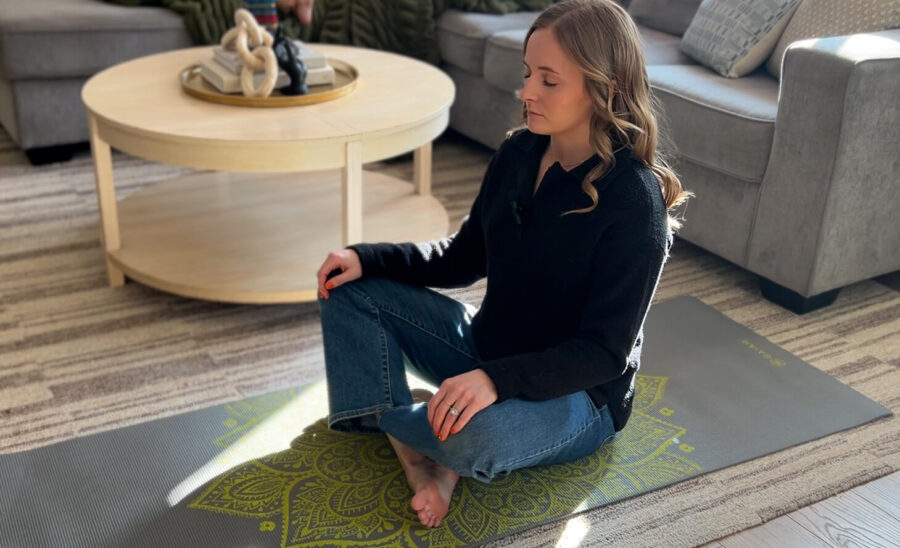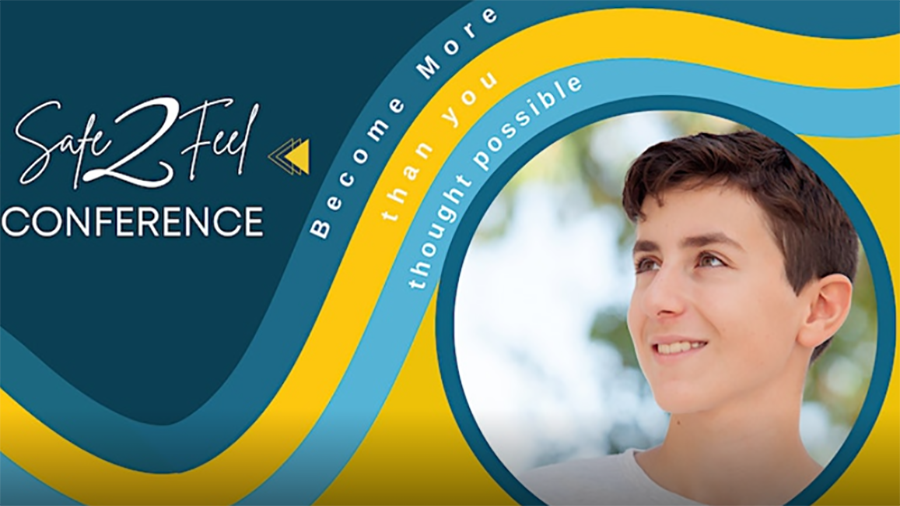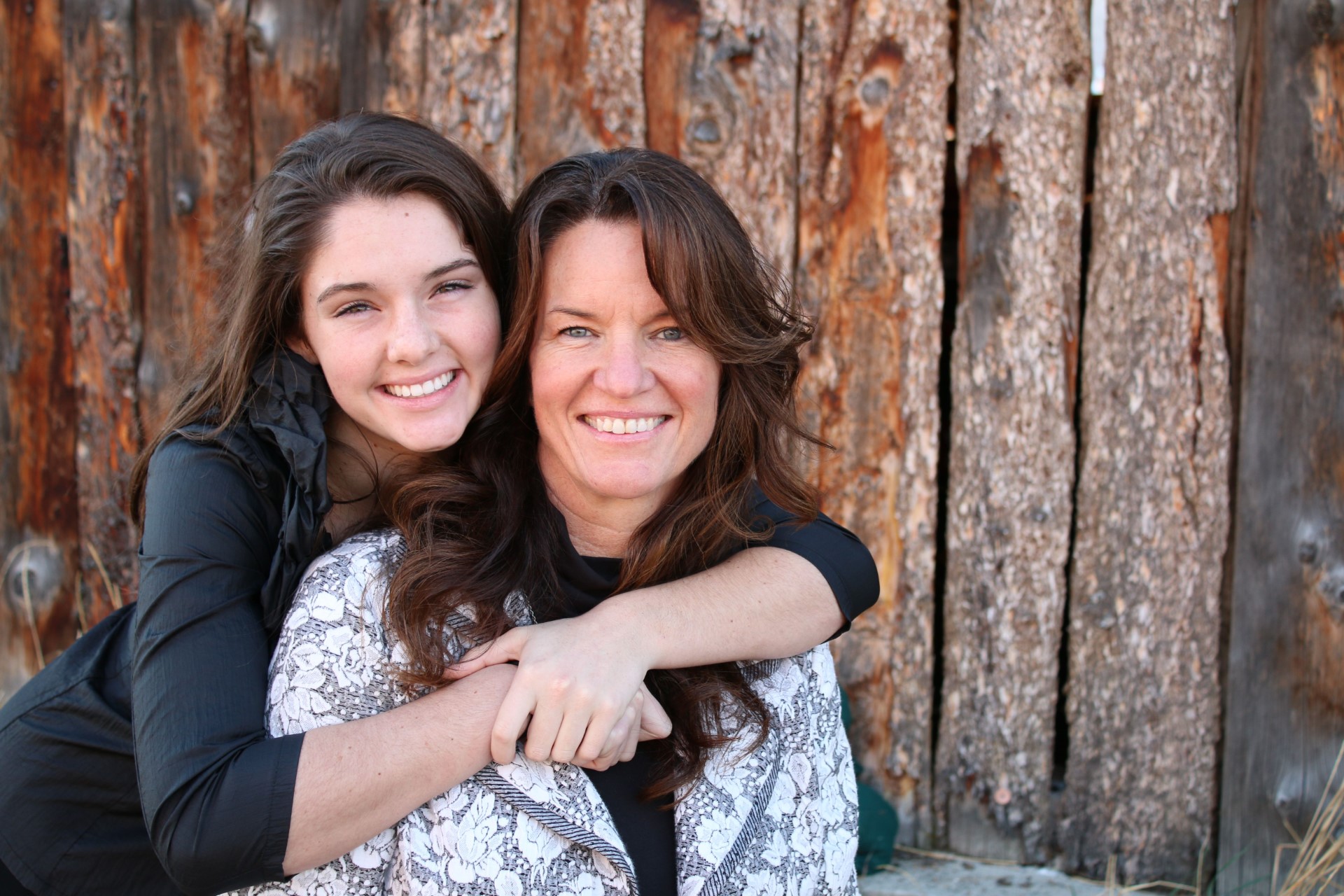Former Police Officer Now Trained To Help First Responders With Mental Health
Apr 13, 2021, 7:31 PM | Updated: 8:08 pm
RIVERTON, Utah – Deputies from the Salt Lake County Sheriff’s Office have started the healing process after two of their own were shot in the line of duty. A former police officer wants them and other first responders to know there is help.
You never know where a career is going to take you.
For Josh Whatcott, it took him from helping people as a South Jordan police officer, to now helping police officers with mental health.
Josh Whatcott worked as a @SoJoPoliceFire officer for 20+ years. Now, his second career is to help first responders with mental health. We sat down with him to talk about the signs to look for and how important it can be to get help. Even for the toughest officer. @KSL5TV at 6. pic.twitter.com/yEc5g9AXO2
— Alex Cabrero (@KSL_AlexCabrero) April 13, 2021
“With the uncertainties, the calls for service, the traumatic event after traumatic event, I didn’t realize how much trauma was impacting my own personal life until I got myself into a real jam,” said Whatcott.
Speaking with a psychologist helped him to learn how to deal with difficult situations as well as coping skills when something was bothering him.
It helped him so much, Whatcott took classes to get licensed so he could help others.
He retired from South Jordan a few months ago and is now a certified social worker with The Partridge Group in Riverton, a psychologist team dedicated to helping first responders such as law enforcement officers and firefighters.
“We all have mental health that we should be dealing with on a regular basis,” he said.
When he heard about the two Salt Lake County sheriff’s deputies who were shot this past weekend, he said he hopes everyone involved will at least talk to someone about it.
“When you’re exposed to a traumatic event, you’re going to feel most of those feelings of uneasiness, unrestful, nervousness, irritabilities, sadness, and you’re going to see that anywhere between 3-15 days,” said Whatcott. “Pretty normal as your body begins to understand the exposure of this traumatic event.”
Of course, he knows the macho appearance law enforcement officers like to have.
He had it himself.
However, he also knows how important mental health is.
Even for the toughest officer.
By talking about it, Whatcott hopes to normalize it.
“Finding healthy avenues. Finding healthy coping skills. Coming in and talking to a therapist and working through those,” he said.
It helps that Whatcott has been where many of the law enforcement officers he sees are.
Those peer-to-peer chats can be extremely helpful.
“Whenever you can relate with other people, it begins to take a little bit of that edge off,” he said. “It’s okay not to be okay. Like, oh you felt like that? I did, too. Let’s talk about it.”
Some of the signs Whatcott says to look for that something may not be right include not being able to sleep well, being annoyed more often by little things, or maybe even arguing with your spouse more.
Whatcott believes talking about it helps.
He has seen what happens to those who have difficulties coping far too often.
“That’s the important part,” he said. “Otherwise, if you choose not to do that, you rabbit hole and you sink. Massive depression, isolation, this is where we start losing, unfortunately, cops to their own weapons.”

